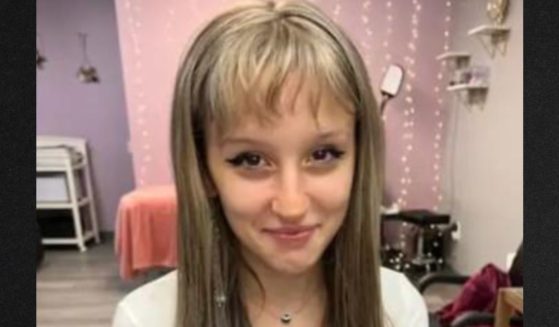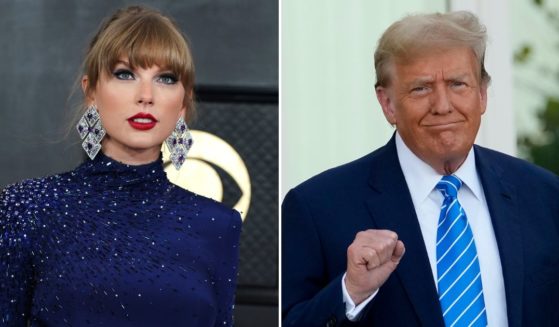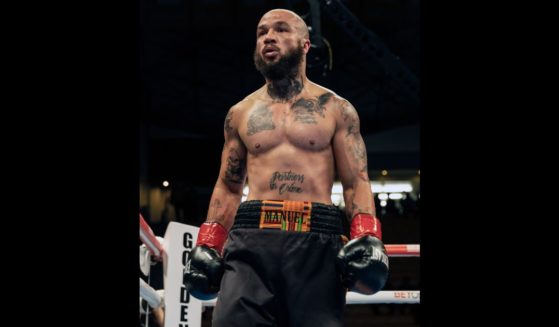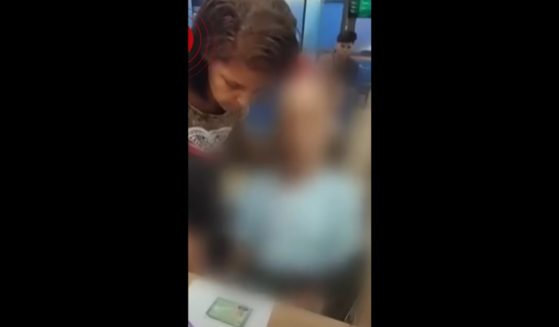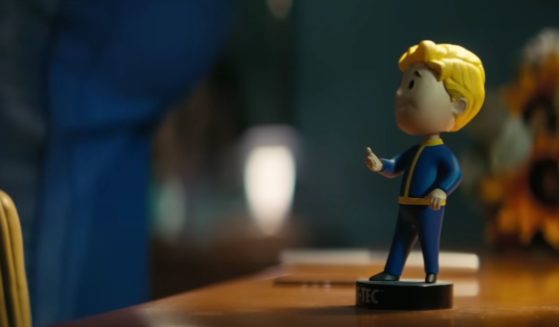3-Year-Old Born Blind Sees for First Time Thanks to Groundbreaking Procedure
Medicine can fix a whole host of ailments. We can replace hearts, a near miracle that would’ve been considered impossible a couple of generations ago.
We can open skulls, perform brain surgery and leave an individual little worse for the wear. We can even diagnose and treat illnesses while a baby is still in his or her mother’s womb.
But do you know what has always been hard to treat? Eyes. There’s something about the fragility of our eyes that has frustrated ancient and modern medicine alike.
Thanks to a revolutionary treatment, though, one blind little girl has miraculously regained her sight. According to KWWL, 3-year-old McKinley Sovey from Wisconsin has been nearly blind since birth.
However, that didn’t mean should couldn’t see anything at all. McKinley could discern light and shadows, but that was all.
It took a year a half for physicians to realize what the problem was. She had inherited a retinal disease.
For most families, that revelation would’ve been the end of it. They would’ve mourned their little girl’s malady and gone about reworking their home to ensure her safety.
And, yes, Parker and Julie Sovey did adapt their lifestyle to help their young daughter. But they also discovered something amazing: There was a recently approved treatment for McKinley’s condition.
McKinley has something called leber congenital amaurosis. The National Institutes of Health’s Genetics Home Reference describes it as a genetic “eye disorder that primarily affects the retina, which is the specialized tissue at the back of the eye that detects light and color.”
Though only two or three out of every 100,000 newborns have the disorder, it’s a main cause of childhood blindness. Yet the University of Iowa Stead Family Children’s Hospital has begun to use an FDA-approved treatment to address the disorder.
“The new therapy involves injecting copies of a normal version of the RPE65 gene — the gene responsible for producing a protein that makes light receptors work — into the patient’s eye,” the hospital said. Dr. Stephen Russell, who ended up treating McKinley, described the challenges in applying it.
“Complicated drug because it has multiple parts to the drug and complicated surgery because to make sure we delivered the drug to the appropriate tissues,” Russell told WHNT. “We had to do a surgery just to put the solution in the appropriate spot, which is in the area underneath the retina.”
The Soveys initially just hoped the treatment would preserve whatever bit of sight McKinley still had. Yet they soon got more than that.
Initially, they didn’t notice any change after the first surgery. But once Russell performed the second surgery, it seemed as though someone had flipped the proverbial switch for McKinley.
“She walked into the kitchen, pulled a chair out, stood up on the chair, and [was] actively feeling like the toaster and the coffee maker like she knew those were there and she wanted to get up and be able to feel them,” her father, Parker, said. Julie Sovey captured on video the first time that McKinley realized she had a reflection.
But that isn’t the instant Julie remembers most. “There was that moment when she did look at me for the first time,” she.
“I was like, ‘I think this is working.’ I can’t even really explain it.”
Aside from a few check-ups, doctors are hopeful McKinley won’t need another surgery.
“She may no longer need to be a braille reader,” Julie said. “I don’t know if she’ll need to use a cane to navigate.”
“This is kind of part of medical history.”
Truth and Accuracy
We are committed to truth and accuracy in all of our journalism. Read our editorial standards.



